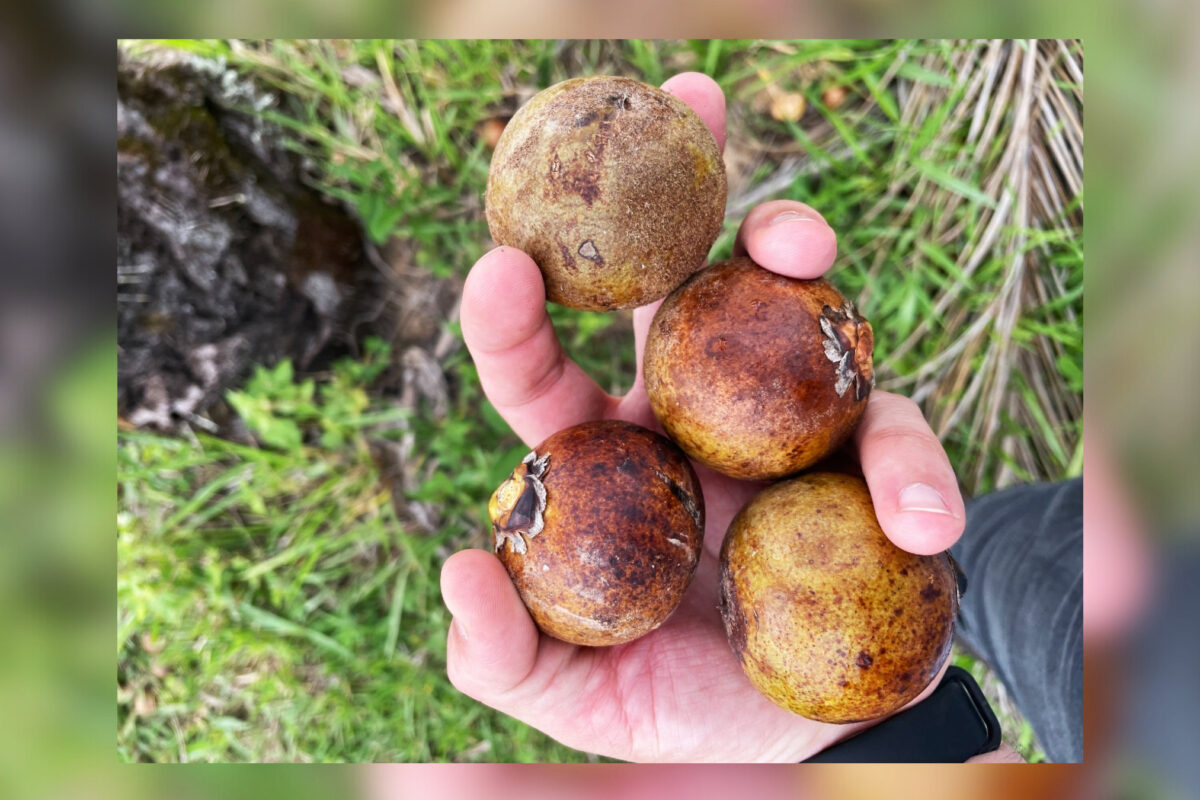Macaúba palm, also known as macaw palm, grows all over the Americas. Now, a drive by the Brazilian government to incentivize the decarbonization of the transportation and aviation sectors has resulted in numerous companies turning to this palm as a potential feedstock to be refined into liquid biofuels and sustainable aviation fuel (SAF) across the Latin American nation. On paper, macaúba palm appears to be a miracle plant: It thrives on degraded, unproductive land, so won’t compete with food crops or cause new deforestation, and, in testing, it has yields eight to ten times higher than soy, depending on whom you ask. Soybeans already feed Brazil’s vast biofuels industry but, along with sugarcane, soy is tied to environmental harm, especially deforestation and CO2 emissions, and environmental justice issues. According to proponents, macaúba promises to sidestep these issues; it’s already dubbed as “green gold” and “rainforest-friendly palm oil.” But there are significant environmental and financial risk too, say critics. Macaúba’s promotion closely parallels past hype from investors and entrepreneurs who backed a would-be biofuel called jatropha, so offers a cautionary tale. In the 2000s, jatropha — also hailed as “green gold” — ticked many of the same boxes and its boom saw dozens of projects planting the energy crop across the tropics, only to then fail spectacularly, as it proved far more challenging to grow than claimed. The effort cost millions of dollars, and spawned widespread accusations of land grabbing, while resulting in land-use change and biodiversity loss in tropical countries.…This article was originally published on Mongabay
From Conservation news via this RSS feed


